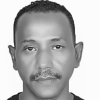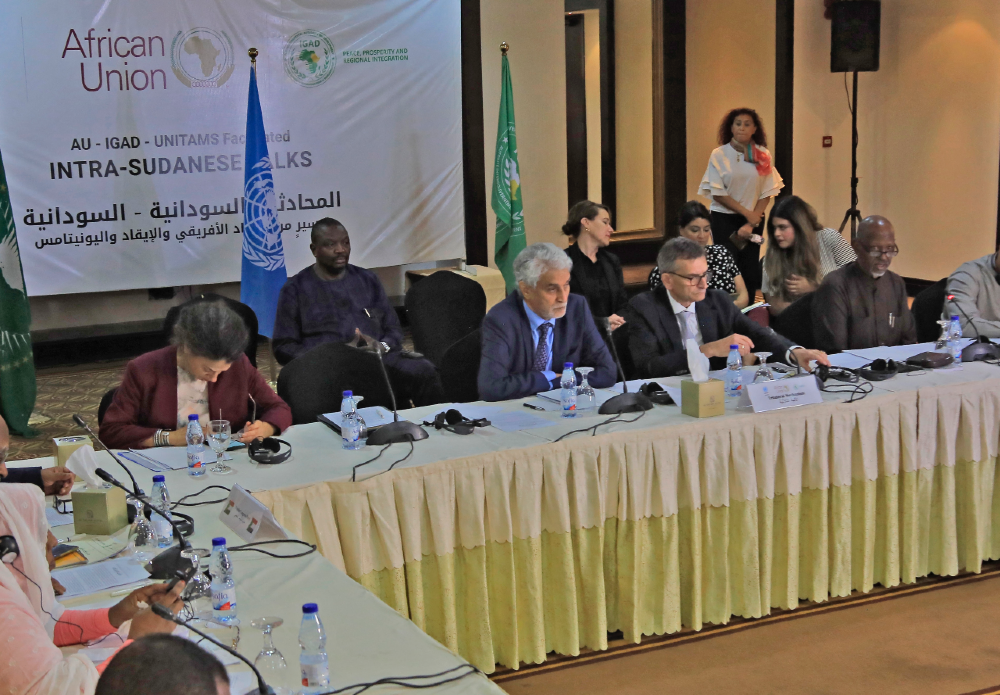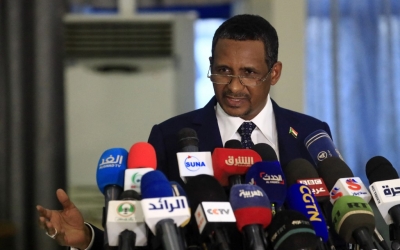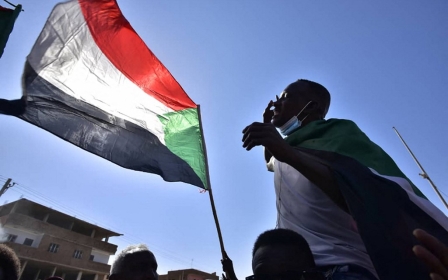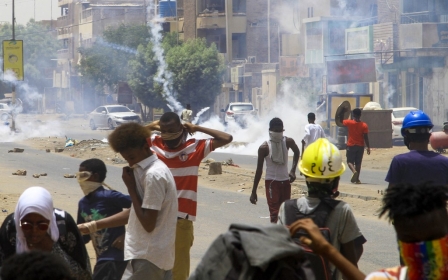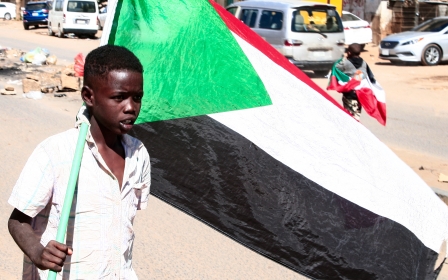Sudan coup: Between structural violence and uncertain dialogue
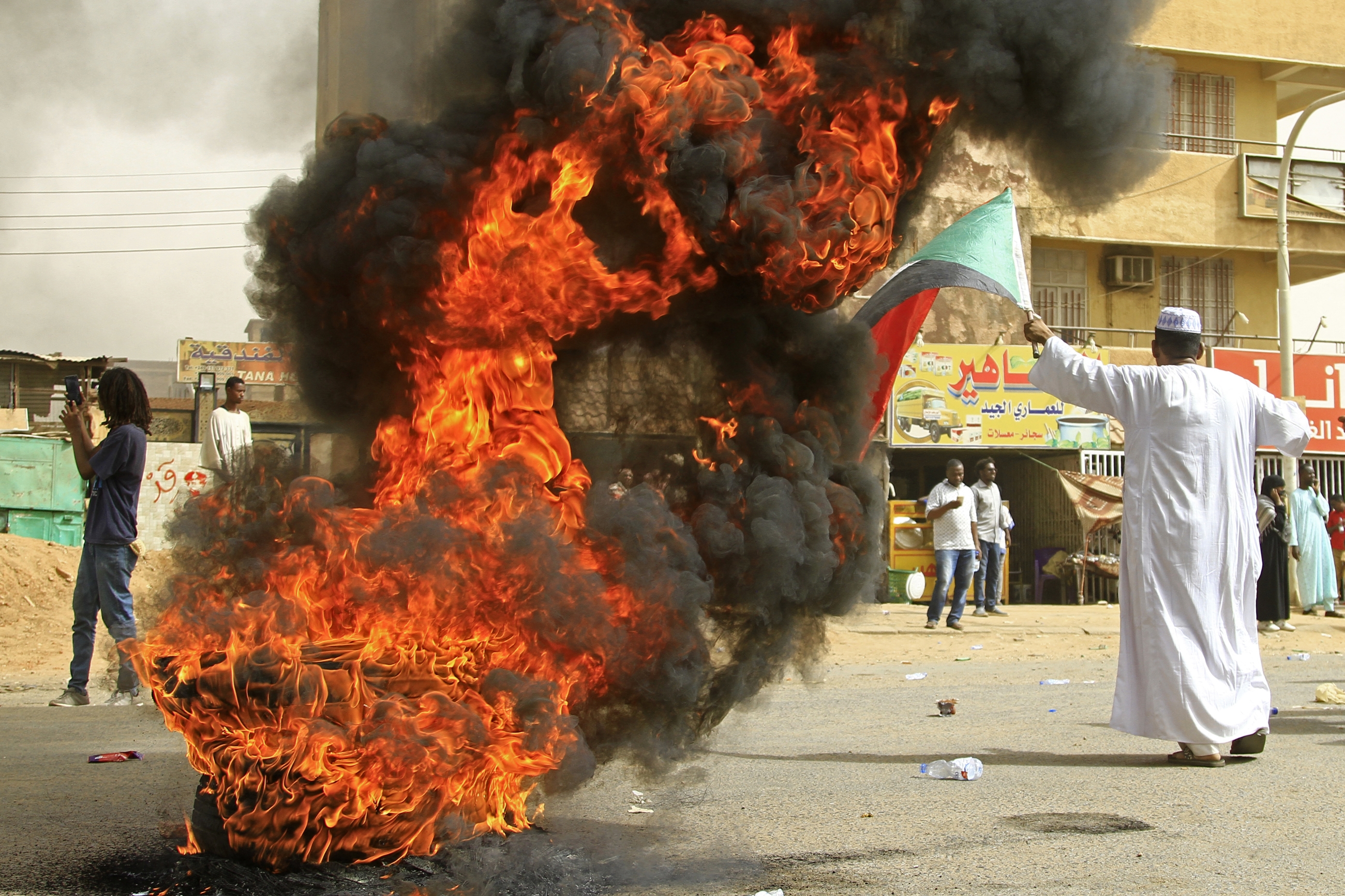
Since the 25 October coup led by army chief Abdel Fattah al-Burhan in Sudan last year, the country has remained in a state of deep political turmoil and instability.
Coup leaders' myriad human rights violations and revival of the old regime's structural violence have triggered international condemnation and crucial aid cuts
Pro-democracy Sudanese leaders demanding a return to civilian rule were subjected to arbitrary detention, while various officials from the regime of Omar al-Bashir ousted in 2019 have returned to influential positions in the government. The Islamists' return to power explicitly defies the decision of transitional authorities to "dismantle" the regime established by Bashir in 30 June 1989.
Sudan's precarious economy has also faced setbacks in the aftermath of the coup, which effectively killed the country's dream of reconciling its $50bn debt. In June 2021, the IMF and World Bank approved an agreement to alleviate Sudan's tax burden and aid its path towards stability. Under the programme for heavily indebted poor countries (HIPC), creditors have conditioned debt forgiveness on the implementation of reforms and the resumption of economic aid on the restoration of the civilian-led government.
Despite their promises of a democratic transition, coup leaders' myriad human rights violations and revival of the old regime's structural violence have triggered widespread international condemnation and crucial aid cuts.
Uncertain dialogue
New MEE newsletter: Jerusalem Dispatch
Sign up to get the latest insights and analysis on Israel-Palestine, alongside Turkey Unpacked and other MEE newsletters
With the economy and security situation in flux, hopes for reforms were reborn with an attempt by the tripartite mechanism, involving the UN Integrated Transition Assistance Mission in Sudan (UNITAMS), the African Union (AU), and the Intergovernmental Authority on Development (IGAD), to initiate talks.
The tripartite mechanism facilitated an intra-Sudanese dialogue in Khartoum on 8 June, seeking a resolution to Sudan's protracted political impasse.
With only the ruling parties and their allies like Popular Congress and Unity Party present, the convening of the talks provoked critical responses calling into question their legitimacy. Pro-democracy civilian groups, including the Forces for Freedom and Change (FFC), Resistance Committees, the Sudanese Professional Association, and the Umma party, boycotted the dialogue.
Local and social media reactions to the gathering ranged from sarcasm to frustration. Al Sudani newspaper described the session as "frustrating," while Omer al-Garrai, a prominent figure of the Republican Party, likened the dialogue to Bashir's illustrious "Wathba," or Leap, a dialogue the ousted leader organised following the September 2013 protests in which more than 200 protesters were killed, to solidify his power-seizing continuum.
Identifying particular individuals who participated in both dialogues, Garrai went even further to criticise the trilateral mechanism. He said: "If it is not aware that those gathering with Burhan, like himself, belong to the ousted regime toppled by the people's revolution, then it doesn't know the people of Sudan, and thus, it is not worthy of resolving their problem.
Garrai's article went viral and many others seem to borrow his analysis in their writings.
However, in a potential breakthrough, members of the FFC met with military leaders on 9 June as part of a five-hour meeting brokered by US Assistant Secretary of State for African Affairs Molly Phee.
Following the meeting, the FFC issued a statement on its official Facebook page and held a press conference the next day about the meeting, which was the first of its kind since the coup.
The FFC affirmed that it has no interest in engaging in a "fake" political process seeking to legitimise the coup. The coalition further shared its plan to provide the trilateral mechanism a roadmap to ending the military rule and handing over power to the people. The group pledged that peaceful resistance would continue through protests and strikes until civilian rule is restored.
The meeting sparked huge controversy, however, with many coalition members citing the popular slogan: no negotiations, no partnership, no legitimacy.
Prerequisites to dialogue
Last month, Burhan lifted a state of emergency imposed on Sudan since the coup. The reason stated for the order was to create an environment conducive to fruitful dialogue.
The test of the security forces' commitment to the decree came just days later, on 3 June, when demonstrators marked the third anniversary of the 2019 forced dispersal massacre that left more than 100 protesters dead.
Protesters again faced violent repression. The Central Committee of Sudan Doctors announced the death of a protester who was gunned down by security forces and reported several more injured.
According to the FFC, the military must end its use of excessive force against peaceful protesters as a prerequisite to any constructive dialogue. Until then, any negotiations that exclude oppositional groups seeking a genuine democratic transition will be deemed unilateral, unrealistic, and paralysed.
Although the talks have been put on hold for now, the coming days will bear witness to whether the Sudanese people's democratic aspirations will prevail over personal gains and interests.
The views expressed in this article belong to the author and do not necessarily reflect the editorial policy of Middle East Eye.
Middle East Eye delivers independent and unrivalled coverage and analysis of the Middle East, North Africa and beyond. To learn more about republishing this content and the associated fees, please fill out this form. More about MEE can be found here.


